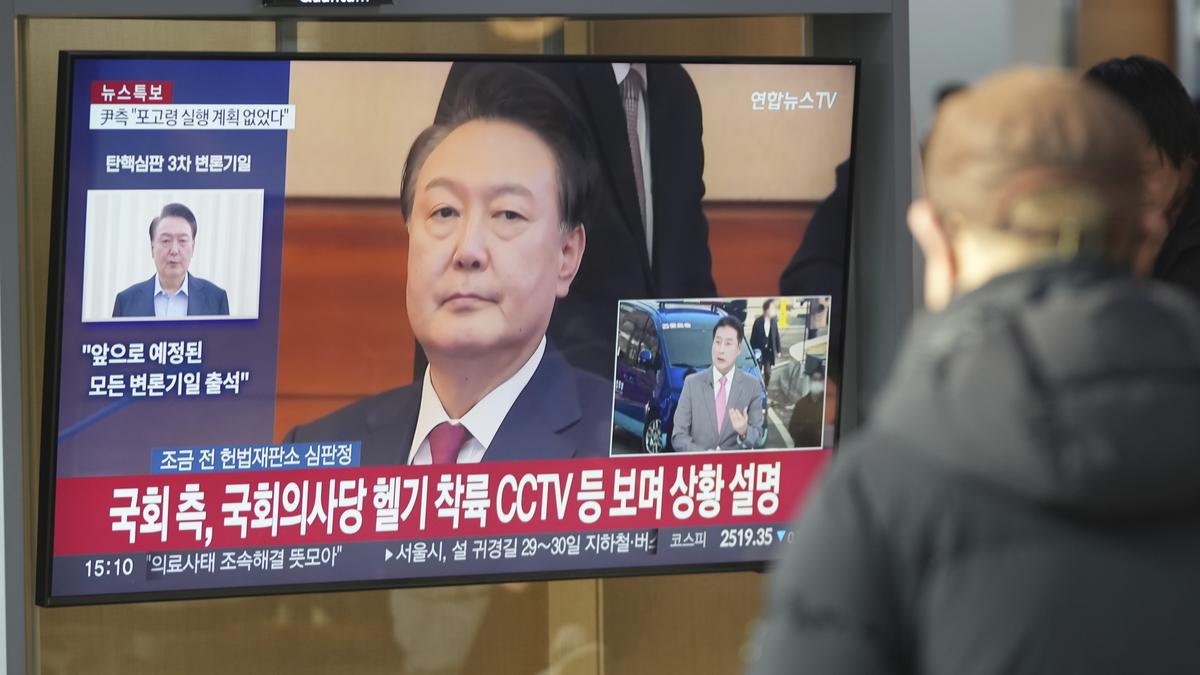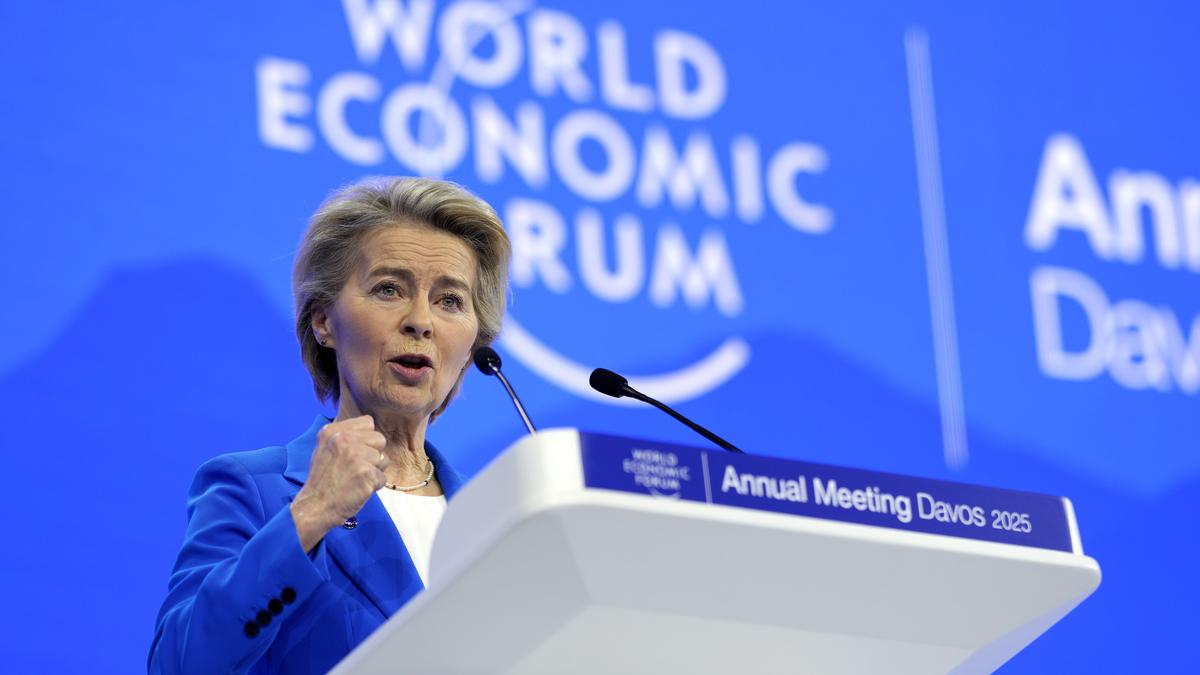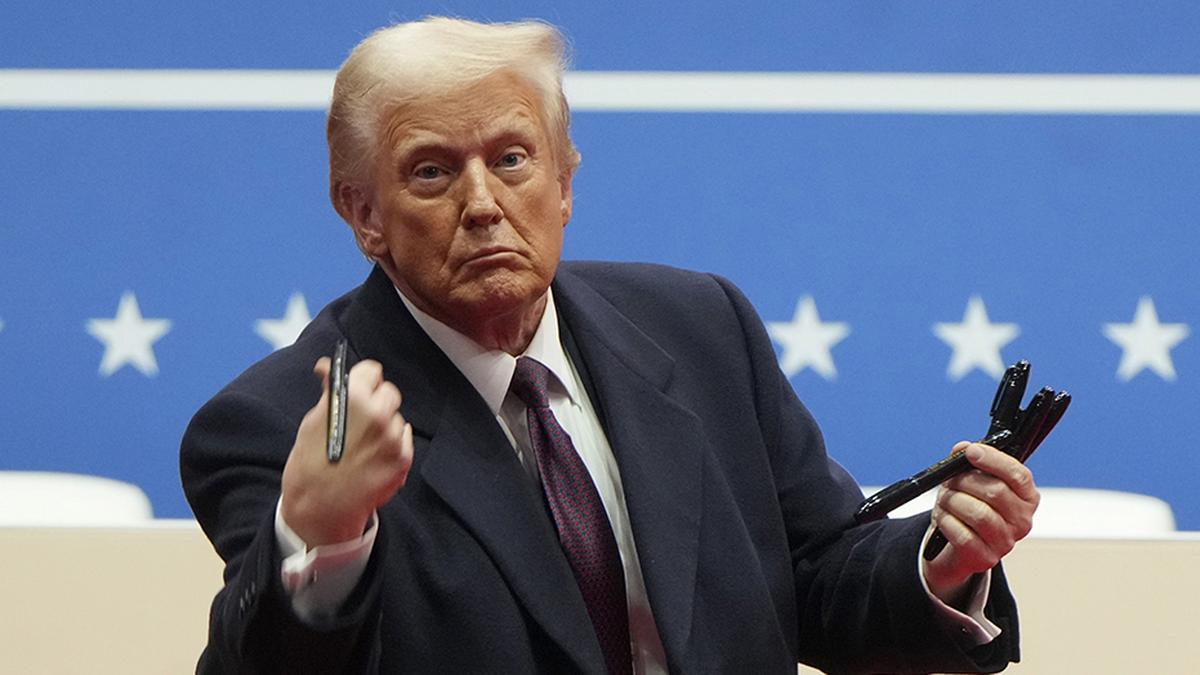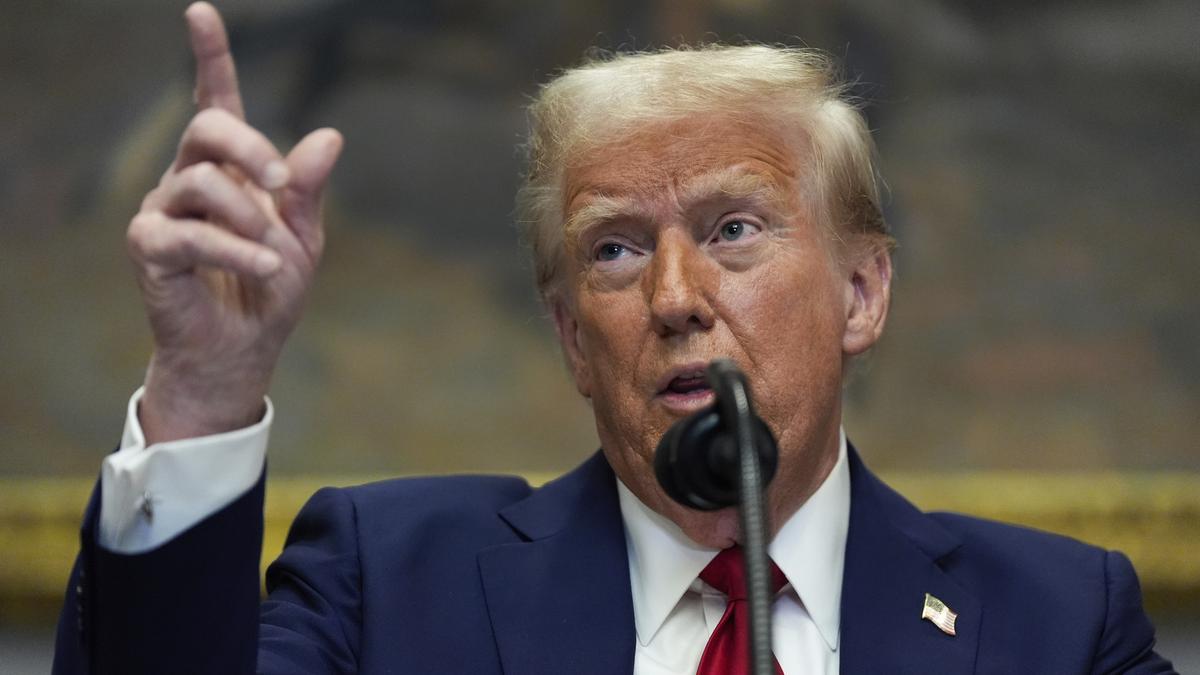Donald Trump’s second term as President of the United States marks the start of a new ‘Trumpian’ era, defined by his leadership. Foreign policy experts expect that Mr. Trump will continue to embody the image of a disruptor. The international legal order is expected to experience substantial changes.
As the leading global power of our time, the U.S. has always maintained a complicated relationship with international law. The U.S. has played a vital role in establishing many key institutions and frameworks within international law, as well as in shaping their norms, priorities and agendas to align with American interests. This influence is evident across various areas of international law, including climate change law, space law, human rights law, and trade and investment law. At the same time, America has often followed a policy of exceptionalism, i.e., an attitude of being ‘distinct’ and thus an ‘exception’ to the law that binds all other nations. Thus, the U.S. has been criticised for violating or sidelining the same norms and institutions of international law that it helped create and expects other countries to follow.
The Trump 1.0 years
While this has been the case for many American presidencies, the Trump Presidency took it to a completely different level, almost waging a war on international law. Elected with the slogan of “America First”, Mr. Trump’s first term reflected what international law scholars Oona Hathaway and Scott Shapiro call a ‘sovereigntist view of international law’ which often misconceives entering into multilateral treaties as putting unacceptable limits on sovereign authority. Mr. Trump’s first term was marked by scepticism towards multilateralism and a preference for bilateralism, which is usually the case of emerging revisionist powers but strange for the incumbent superpower.
Editorial | Inaugural drama: On the 47th President of the U.S.
Accordingly, the Trump administration, in June 2017, famously walked away from the Paris Agreement on Climate Change. Washington also reneged on a key nuclear treaty with Russia and a nuclear deal with Iran. Mr. Trump also posed major challenges to the international trade regime by using tariffs and other protectionist measures, including against allied countries.
He continued blocking appointments into the World Trade Organization (WTO)’s Dispute Settlement Body’s Appellate Body, which ultimately led to the organ becoming dysfunctional. Under his presidency, the U.S. withdrew from the Trans-Pacific Partnership (TPP) agreement that the Obama administration had so assiduously crafted and put an end to the North American Free Trade Agreement or NAFTA and negotiating a new trade agreement. Additionally, during the Trump first term, the U.S. withdrew from several international institutions such as the United Nations Educational, Scientific and Cultural Organization (UNESCO), attempted to withdraw from the World Health Organization (WHO), and threatened withdrawal from the WTO.
Another onslaught
Mr. Trump’s return to the White House could accelerate the weakening of the normative authority of multilateral institutions. While the U.S. rejoined many of the multilateral institutions under the Biden administration, it might again disengage from them. In fact, within hours of his inauguration, he reportedly signed executive orders initiating the U.S.’s withdrawal from WHO and the Paris Agreement. Mr. Trump has announced fresh plans to pursue unilateralism by raising tariffs, even if it triggers a trade war and violates WTO rules.
He has already announced that he may impose a 25% tariff on imports from Mexico and Canada. His belligerent onslaught on the Washington Consensus-based international trade and investment law model will continue unabated. Any hopes of the Global South of reviving the WTO’s dysfunctional Appellate Body should be abandoned. While some hoped that Mr. Trump’s policies may translate into renewed U.S. isolationism and less interventionism, his recent statements belie such hopes.
His plans to annex Greenland and the Panama Canal, refusing to rule out coercive methods to do so, and include Canada as the 51st State of the U.S., are reminiscent of the 18th-19th century era of great powers acquiring sovereign territories through conquest and gunboat diplomacy. In the post-UN charter era, which considers the prohibition of using force and self-determination as central tenets, such ambitions may embolden other revisionist states such as China and Russia to embark on similar quests for obtaining territory.
As scholars such as Marko Milanović have pointed out, even if Mr. Trump ultimately does not use force, these statements potentially violate the norm of non-intervention under Article 2(7) of the UN Charter, further challenging the international order. The statements made by his allies, such as Elon Musk (who is part of the Trump administration), commenting on the internal politics and laws of allied countries such as the United Kingdom and Germany, have also irked many and could be construed as unacceptable intervention.
Watch: Trump 2.0: What should India watch out for? | Worldview
Other nations and the legal order
International lawyer Harold Koh has pointed out that the participants involved in the ‘transnational legal process’, including many officials within the U.S. itself, were able to blunt many of Mr. Trump’s policies in his first term, particularly those affecting international law. However, with Mr. Trump’s renewed majority and control over both the Senate and the House, it is more likely that he will be able to push forward his policies more effectively. In that case, other countries must cooperate to preserve the international legal order.
Prabhash Ranjan is Professor, Jindal Global Law School. Rahul Mohanty is an Assistant Professor, Jindal Global Law School. The views expressed are personal
Published – January 22, 2025 12:10 am IST






